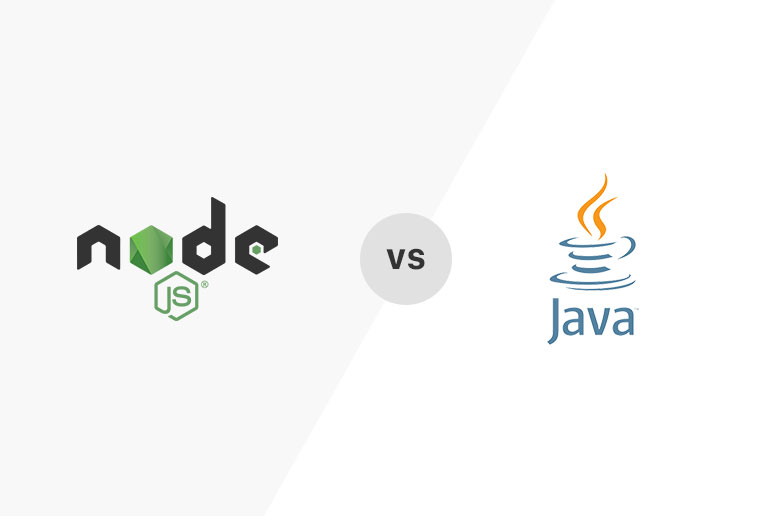Hypothetically, it’s conceivable to abstain from settling on that decision.
Be that as it may, in a certifiable situation, picking Node.js for your web application bodes well.
It’s simply quicker and more adaptable than Java, with regards to web applications. It likewise offers top execution. The development of Node.js among the business mammoths shows its flexibility as well. Node.js is significantly more than an application system – it’s additionally utilized incorporate information programming, fast application modernization activities, and IoT arrangements
But on the other hand, Java is an Object-Oriented, universally useful programming dialect and class-based. Developers can utilize the main – “compose once, run anywhere” with Java. It was initially created by James Gosling at Sun Microsystem.
Java is being delivered as JDK (Java Development Kit), which incorporates different parts which are required to run a java program, in any case, not every one of the segments of JDK is compulsory to run Java.
The most recent rendition is Java 10, discharged on March 2018.
Node JS allows developers to execute their code on the server side. It provides a faster way to write scripts which are scalable and light. Developers can write real-time applications, and at the same time, it provides scope for mobile application development.
One can easily utilize Node JS for the front end as well as for back-end development as it allows the use of the same JavaScript. Node JS uses an event-based model to address scalability, and allow rich JavaScript libraries for JavaScript modules which helps in simplify the coding.
Node JS is a runtime library and condition which is cross-stage and utilized for making running JavaScript applications outside the program. It is a free and open source and used for making server-side JS applications. Quite a bit of Java’s punctuation is gotten from C++, or, in other words, based and Object-Oriented.
Simply take a gander at the three factors that impact developers the most:
Ease of use
This is one of the primary explanations for the enormous prominence that NodeJS web advancement has collected in a brief span, it’s universal. It has essentially cut down the long-held boundary between customer side and server-side advancement, making the entire methodology short and straightforward. The developers would now be able to compose a solitary code base for both program and server that conveys much preferable speed over in the ordinary worldview.
Java, then again, can be utilized just on the server-side and subsequently, is a long ways behind NodeJS in this portion.
Support
Java has been around for quite a while and thusly has the best arrangement of structures, IDEs, and libraries accessible t, alongside a vast and develop a network of designers. Since Node.JS is generally an amateur, it will set aside a long opportunity to achieve such dependence and cleverness. Indeed, the language is extending quick and guaranteeing more extensive reception, however, Java application advancement isn’t out of date and keeps on developing. In this way, it may take a while, if by any means, to fill the wide hole.
Execution
Looking at the execution of two unique dialects doesn’t generally uncover anything important. The way that every dialect is based on an alternate design makes them proficient at a few errands and along these lines, wasteful at others. That is the motivation behind why when we utilize certain Benchmark to think about the execution, we are unavoidably one-sided towards any one dialect. To keep ourselves from such defective proportion of execution, we will simply investigate one center idea that remaining parts at the focal point of each Node.JS banter non-blocking mode.
At the point when contrasted and the vast majority of alternate dialects for speed, NodeJS effectively turns out on the best, essentially because of its nonconcurrent non-blocking mode-that empowers it to all the while serving an extensive number of customers/strings.
In any case, as you may have seen at this point, Java truly isn’t obsolete! It was refreshed a while back to adjust to a comparable design and it can serve numerous strings all the while substantially quicker than Node.JS. In this way, with regards to sheer speed, Java beats NodeJS all alone turf.
That still isn’t the whole picture. Java will offer better execution if and just if the strings are overseen appropriately, which requires extraordinary capability that just a couple of Java engineers have. On the other hand, Node.JS handles everything consequently, radically chopping down the multifaceted nature.
Everything considered, no language can be named as superior to other. It simply relies on the application you mean to make and the dialect you are moving from.
Table of Contents



